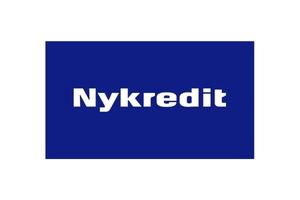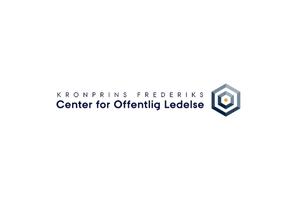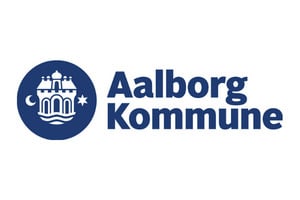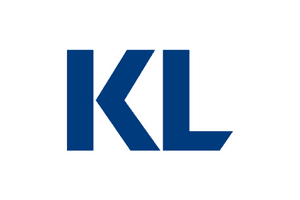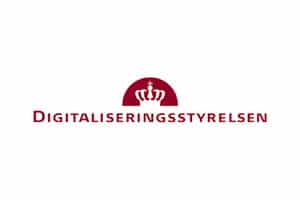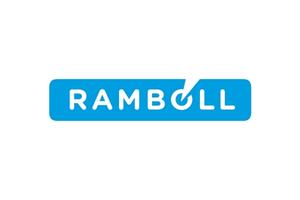If you have any questions, I'll call you with personal guidance
Are you facing an organizational change? Do you need strategic advice or an in-depth analysis?
Contact us and together we will tailor a process that develops the exact competencies and structures that strengthen and future-proof your organization.

